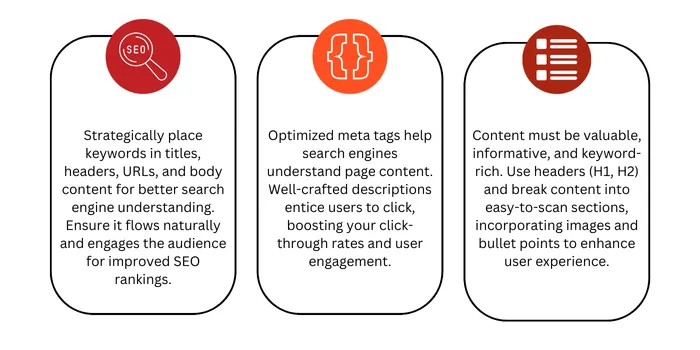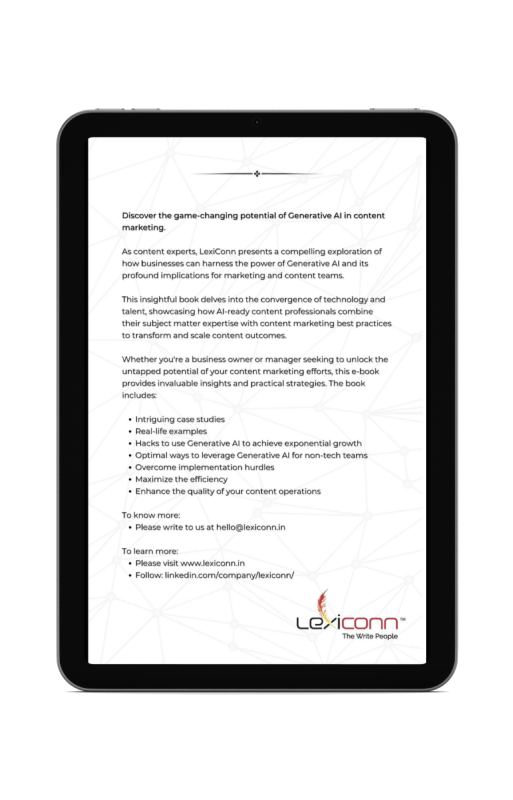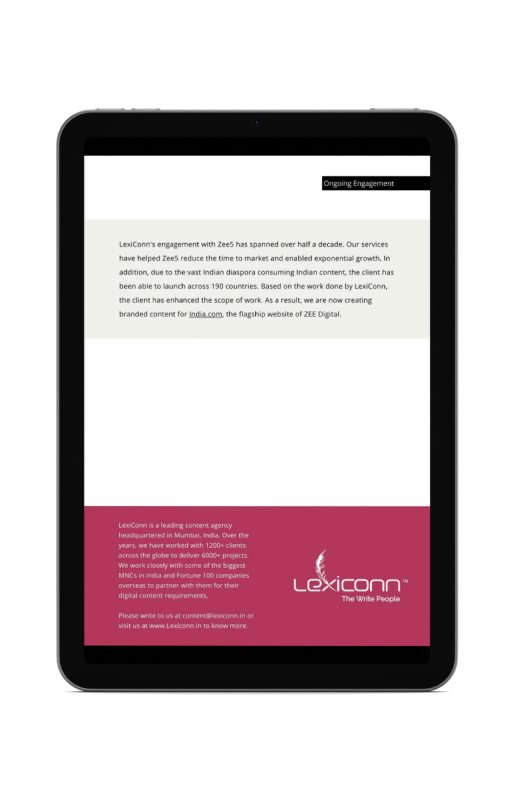

A website audit is more than just a checkup—it's a vital step in ensuring that your website is performing at its best. This deep dive can uncover hidden issues affecting your search engine rankings, user experience, and conversion rates.
Whether you run an eCommerce site, blog, or corporate website, SEO audits optimize content, improve load times, and enhance mobile usability. In today's digital-first world, a well-maintained website is crucial for visibility in search engines and creating a seamless user experience.
The health of your website directly impacts every aspect of your online presence. Regular audits ensure that your website stays optimized and functional, providing a positive experience for users, improving SEO rankings, and encouraging more sales or lead generation.
A poorly optimized website can drive potential customers away, increase bounce rates, and reduce conversions. Conversely, a well-audited site improves engagement, boosts search rankings, and enhances the user experience.
Regular website audits help to ensure that your website stays optimized and functional. They can uncover growth opportunities and provide insights into boosting traffic by addressing issues related to technical SEO, content strategy, and overall site performance.
With a detailed audit, you can address outdated SEO practices, technical errors, and weak content strategies. By fixing these issues, you’ll improve organic traffic and rankings, giving your site a competitive advantage in search engine results.
|
Read: The Complete Guide to Conducting a Technical SEO Audit |
A comprehensive website audit typically involves analyzing several critical aspects, including technical SEO, on-page optimization, content relevance, and user interface (UI). It helps identify security vulnerabilities, outdated content, broken links, slow-loading pages, and other technical issues.
Regular audits ensure that your website remains compliant with SEO trends and enhances user experience (UX). They help identify problems like declining traffic or usability issues and provide actionable solutions to enhance performance and user engagement.
The goal of a website audit is to assess your site’s strengths and weaknesses. This detailed evaluation helps make informed decisions that improve visibility, user engagement, and overall website health.
Technical SEO Audit: Ensuring Search Engine Visibility
A technical SEO audit ensures that search engines can crawl and index your site correctly. If your site is riddled with technical issues, it will hinder your ability to rank properly.
Broken links can hurt user experience and SEO. A technical audit identifies and fixes these issues, making it easier for search engines to crawl your site effectively. Fixing broken links helps search engines find and index your content.
Duplicate content and improper redirects can confuse search engines. A website audit identifies these problems, offering solutions like setting up proper redirects and removing duplicate content to improve your site’s performance.
With mobile-first indexing, Google prioritizes mobile-friendly websites in search rankings. A site that’s not optimized for mobile may rank lower in search results, hurting your overall visibility.
A technical SEO audit evaluates how well your website works across all devices. Ensuring that your site is mobile-optimized is crucial for maintaining a competitive edge in search rankings and improving user experience on smartphones and tablets.
Mobile optimization involves creating a responsive design that adapts to different screen sizes. It’s important to test the mobile usability of your site regularly to ensure it’s user-friendly and accessible on all devices.
Another key component of the SEO audit is evaluating your website’s on-page optimization. On-page SEO focuses on elements within your website that influence rankings, such as content, metadata, and page structure.
Effective on-page optimization ensures that your website’s content is both relevant and easy for search engines to understand. It also enhances the user experience by providing structured and digestible information. A well-optimized site is more likely to rank higher, and users will have a smoother experience navigating your content.
Here are the key elements of on-page optimization:

Content must be informative, engaging, and valuable to your audience. A website audit reviews content quality to ensure it provides the necessary information while keeping users engaged.
Well-structured content helps both search engines and users digest the information. Use headings (H1, H2) and break content into shorter paragraphs to enhance readability and accessibility.
High-quality, valuable content is crucial for ranking well on search engines. A website audit assesses whether your content aligns with your target keywords and user intent, ensuring you rank for the most relevant search terms.
Page speed is one of the most crucial technical elements of a website audit. A slow-loading website can significantly affect user experience and SEO. Google has confirmed that page speed is a ranking factor, and sites that load slowly are more likely to see increased bounce rates and lower engagement metrics.
During a website audit, it’s important to identify any elements that may be slowing down your site, such as:
User experience (UX) is another critical factor that affects both search engine rankings and conversions. A website audit will help identify areas where UX optimization is needed, ensuring that your site is not only functional but also user-friendly.
Here are some areas to focus on during the UX audit:
To make the most of your website audit, it's essential to follow best practices that ensure a thorough and effective analysis of your site’s performance. These best practices help identify issues, optimize your site, and track improvements over time.
Backlinks play an important role in SEO, but low-quality or spammy links can hurt your website’s reputation. A website audit includes monitoring backlinks to ensure you maintain a strong link profile.
A backlink audit identifies harmful backlinks and provides solutions for removing or disavowing them. Tools like Moz and Ahrefs can help you track your backlinks and make informed decisions about your link-building strategy.
High-quality, authoritative backlinks are essential for improving your site's authority and search rankings. Regularly auditing your backlink profile ensures you maintain a healthy, strong link profile.
Enhance Your Content
If you're looking to take your website content to the next level, LexiConn provides high-quality, SEO-focused content tailored to your business needs. Whether you need blog posts, product descriptions, or web copy, LexiConn ensures your content is optimized for both search engines and your audience and also offers a free 30-minute content consultation session to help you with your content strategy.
LexiConn’s team of professional writers can enhance your website's visibility, user engagement, and overall performance. Their expertise in content strategy and SEO-focused writing ensures your website stands out in search results and delivers a great user experience.



I have read and accept the Privacy Policy
Read More